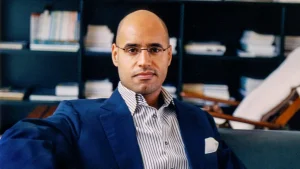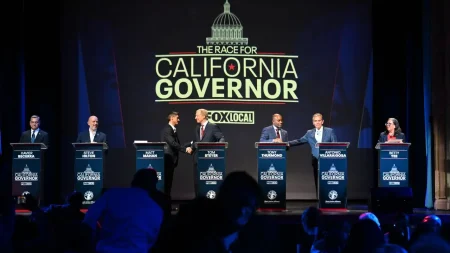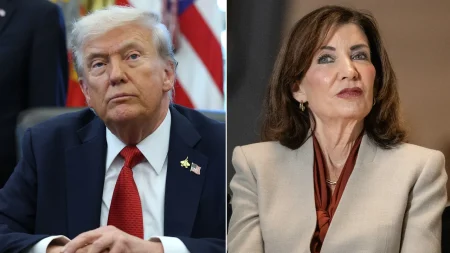Trump Administration Proposes Limiting Foreign Student Stays to Four Years
The Trump administration has unveiled a proposal that would significantly alter how long international students can remain in the United States. Announced on Wednesday and scheduled for official publication on Thursday, the proposed rule would cap student visas at four years – a dramatic shift from the current system that allows students to stay for their “duration of status,” or as long as they remain enrolled full-time in their academic programs.
According to the Department of Homeland Security, this change addresses what they describe as “visa abuse” by foreign students who have allegedly “taken advantage of U.S. generosity” by becoming “forever students.” A DHS spokesperson stated that past administrations have permitted foreign students and other visa holders to remain in the country “virtually indefinitely,” which they claim poses safety risks, costs taxpayer dollars, and disadvantages American citizens. The administration argues that the new rule would enhance the government’s ability to properly vet and oversee international students throughout their time in America. Under the current system in place since 1978, international students on F visas can stay for the entire duration of their academic program, provided they maintain full-time enrollment and follow other visa requirements.
The proposed regulations would establish a significant limit: foreign students and exchange visitors would be restricted to the length of their educational program, but with a hard cap of four years – even if their degree program requires more time. This timeline is particularly challenging for many international students pursuing advanced degrees, as graduate and professional programs frequently require more than four years to complete. Similarly restrictive changes would apply to foreign journalists, who would be limited to an initial stay of up to 240 days, with the possibility of just one extension for another 240 days, not exceeding their assignment length. The administration contends that requiring regular reassessments of foreigners’ status would allow DHS to conduct “proper oversight” and reduce the overall number of visa holders in the country.
This policy shift could have substantial economic implications for American higher education institutions. International students typically pay substantially higher tuition rates than domestic students while having access to fewer scholarship opportunities. Many universities rely on this revenue stream to support their operations and subsidize costs for American students. The proposed rule could potentially lead to decreased international enrollment if prospective students perceive the United States as a less welcoming or practical destination for their educational pursuits. As Fanta Aw, executive director and CEO of NAFSA: Association of International Educators, noted in a statement to POLITICO, the rule “will certainly act as an additional deterrent to international students choosing to study in the United States, to the detriment of American economies, innovation, and global competitiveness.”
The timing of this proposal comes during a period of increasing scrutiny of international students and scholars by the administration. Recently, the State Department under Secretary Rubio revoked more than 6,000 student visas for various reasons, including allegations of assault, burglary, and support for terrorism. This proposed rule appears to be part of a broader pattern of tightening immigration policies across multiple categories of foreign visitors and residents. Critics argue that these combined actions send a message that the United States is becoming less hospitable to international talent at a time when global competition for skilled individuals is intensifying. They contend that this could eventually diminish America’s traditional leadership role in higher education, scientific research, and technological innovation.
The proposal now enters a public comment period where educational institutions, advocacy groups, and affected individuals can provide feedback before any final rule is implemented. University administrators and international education advocates are likely to voice strong concerns about both the practical implications for students currently pursuing degrees and the long-term consequences for American higher education’s global standing. Many will argue that international students bring not only financial benefits but also cultural diversity, global perspectives, and eventual contributions to American society through their research, entrepreneurship, and professional work. The outcome of this process will significantly impact the future landscape of international education in the United States and potentially reshape the country’s relationship with the global academic community.















